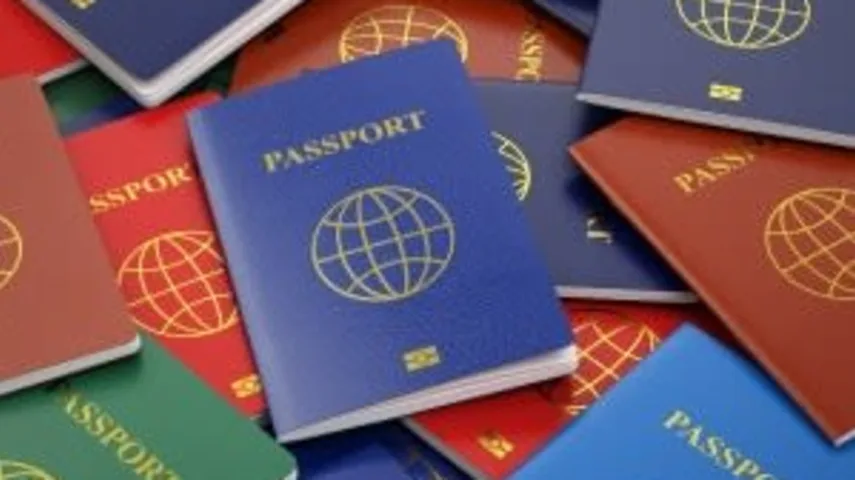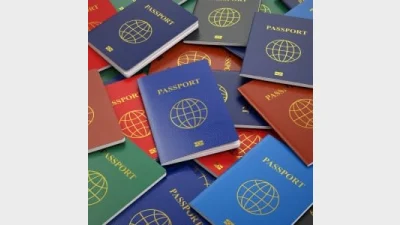Asian Funds Passport open for business



The Asian Region Funds Passport (ARFP), which came into operation on Friday, will be expected to provide export boom for the Australian financial services sector, according to Financial Services Council (AFA) chief executive, Sally Loane.
The current signatories included Australia, Japan, New Zealand, South Korea and Thailand.
The passport, which is a multilateral framework, would allow managed funds to be marketed to retail investors in those countries.
Loane stressed that to ensure the future success of the ARFP, the Australian Government should address non-resident withholding tax issues.
“Addressing Australia’s s complex, uncompetitive tax system will enable the passport to promote the exports of Australian funds,” she said.
According to the FSC, the passport scheme had the potential, similar to the European UCITS framework, to create a unified retail investment management market in the Asia Pacific region and would help ensure a high level of investor protection.
The ARFP introduction followed a successful pilot in 2018 by industry and regulators from participating jurisdictions.
“It has taken 10 years of cooperative effort by financial services industries and governments across many jurisdictions to bring the Asia Region Funds Passport to life,” Ms Loane said.
Recommended for you
VanEck is expanding its fixed income range with a new ETF this week to complement its existing subordinated debt strategy which has received $1 billion in inflows this year.
Specialist global equities manager Nanuk has celebrated 10 years of its flagship New World Fund and is actively considering its next possible vehicle.
Australian equities manager Datt Capital has built a retail-friendly version of its small-cap strategy for advisers, previously only available for wholesale investors.
The dominance of passive funds is having a knock-on effect on Australia’s M&A environment by creating a less responsive shareholder base, according to law firm Minter Ellison.












